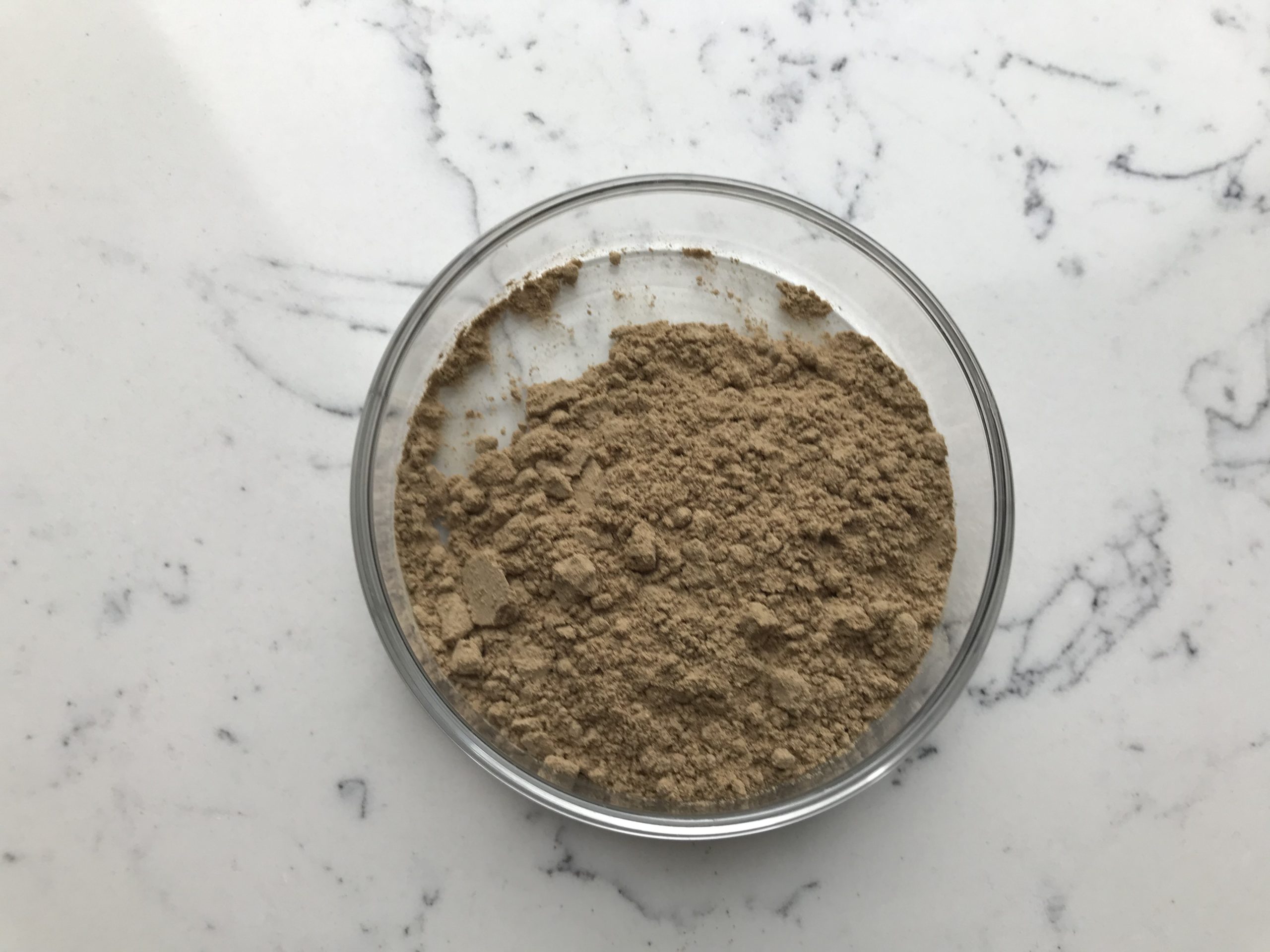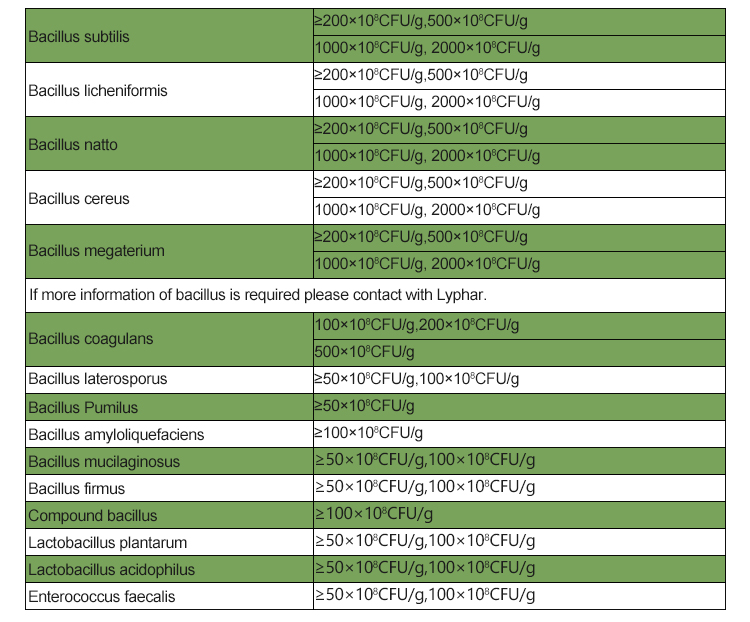Bacillus pumilus is a Gram-positive, rod-shaped bacterium that belongs to the Bacillus genus. Here are some of its key body and colony characteristics:
Body Characteristics:
- Shape: Rod-shaped (bacillus).
- Gram Staining: Gram-positive, meaning it retains the crystal violet stain and appears purple under a microscope.
- Spores: Forms endospores, which are resistant to heat, desiccation, and various chemical agents.
- Motility: Typically motile due to flagella.
Colony Characteristics:
- Colony Shape: Circular and smooth.
- Color: Often white, cream, or yellowish, depending on the medium used.
- Size: Usually 1-3 mm in diameter when grown on solid media.
- Texture: Can be described as dry, rough, or glossy depending on the specific strain and growth conditions.
- Elevation: Generally flat to slightly raised.

Growth Conditions:
- Oxygen Requirement: Aerobic, but some strains are facultatively anaerobic.
- Temperature: Optimal growth temperature is typically around 30-37°C, but it can grow at a wider range.
- pH Range: Grows well in neutral to slightly alkaline pH (around 6.0 to 8.0).
Other Notes:
- Biochemical Reactions: Bacillus pumilus can produce enzymes such as amylase and protease, and may have the ability to utilize various carbon sources.
- Habitat: Commonly found in soil, dust, and some food products.
These characteristics make Bacillus pumilus an interesting organism for studies in microbiology, biotechnology, and food safety.
Effects of Bacillus Pumilus on Humans
Bacillus pumilus is a type of bacteria that is commonly found in soil and the environment. It has several effects and potential uses related to humans:
- Probiotic Potential: Some strains of Bacillus pumilus are studied for their probiotic properties. They may help in gut health and enhance the immune system.
- Biocontrol Agent: Bacillus pumilus can act as a biocontrol agent in agriculture, helping to suppress plant pathogens without harming crops, which can indirectly benefit human health by reducing pesticide use.

- Enzyme Production: This bacterium is known to produce various enzymes that can be used in industrial applications, such as in detergents and food processing.
- Food Safety: While generally non-pathogenic, Bacillus pumilus can sometimes cause spoilage in food products. Monitoring its presence in food environments is important for safety.
- Potential Pathogenicity: Though rare, there are instances where Bacillus pumilus has been implicated in infections, particularly in immunocompromised individuals.
Overall, Bacillus pumilus is considered beneficial in many contexts but should be monitored for safety in food and health-related applications.
